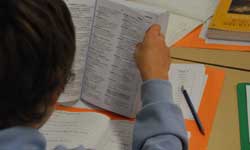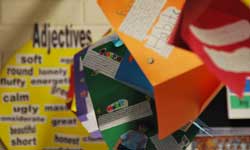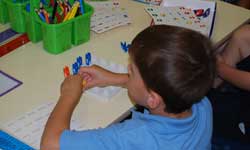Values Program
The Wanniassa School Junior Campus Values Program is designed to create a positive culture and common language that allows the school community to interact in a way that promotes health and wellbeing for all stakeholders. The program has evolved over time into a positive process that allows effective interaction and communication among staff, students and parents at Wanniassa School and underpins our caring and supportive culture. It is based on the Federal Government's Nine Values for Australian schooling. Care and Compassion, Doing Your Best, Freedom, Honesty/Trustworthiness, Fair Go, Integrity, Respect, Responsibility and Understanding/Tolerance/Inclusion. Resilience is added as a focus to support the wellbeing of all students. Teachers are always 'on the lookout' for any student who is displaying any one of the school's 10 Values.
This explicit teaching of the values underpins the whole school core values of Responsibility, Respect and Hard Work.
We say NO WAY to Bullying and we endeavour to empower all students with the skills to understand what it is, how to report it and how to be an effective bystander.
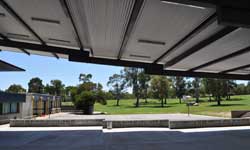
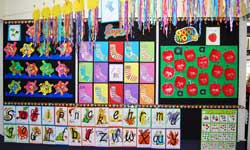

Behaviour Management
There is an expectation at Wanniassa School that children will behave responsibly with an emphasis on self-discipline. The school encourages a caring, supportive environment in which teachers can exercise their right to teach and students their right to learn without interruption. This enables all to work together to solve problems in a creative, supportive manner. Unacceptable or inappropriate behaviour results in teacher intervention. This can take the form of a restorative approach, counselling and, if necessary, time out or removal from the playground.
Our school is vigilant and proactive in supporting the educational, social and personal needs of individual students. Parents may be assured that the safety, happiness and academic progress of all students is the top priority for every person working in the Junior Campus.
Everyone has a right:
- to learn in a positive, supportive environment
- to feel and play safely at school
- to expect all personal and school property is respected
Using these goals as a basis, the students and teachers within each class develop a set of appropriate class rules. Regular class meetings provide a forum for discussion and problem solving in a cooperatve manner.
Watch a video created by students on 'Bystander Behaviour'.
For further information read the 'Managing School Successfully' document and our 'Anti-bullying policy' - PDF Word.
KidsMatter
Wanniassa School aims to connect with parents and carers to help achieve a caring and inclusive school community and to improve students' mental health. We do this using KidsMatter Early Childhood in our Preschool and KidsMatter Primary as the frameworks to formalise the great work that we do at Wanniassa School. They help us implement evidence-based mental health promotion, prevention and early intervention strategies and concentrate on four key areas aimed at improving student wellbeing and reducing the likelihood of children developing mental health difficulties.
The KidsMatter resource materials provide school staff with detailed information regarding children's social and emotional needs and practical suggestions for supporting children's development and mental health. As part of this program we have opened our 'Parent Link' room where parents are able to browse through resources or meet to discuss any issues face them or their children.
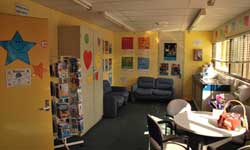
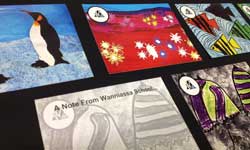
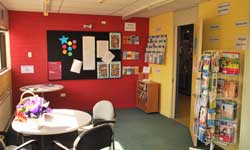
Support Programs
In consultation with parents the school provides the following support programs to assist children experiencing difficulty in their academic and/or social development.
Learning Assistance
A part time Learning Assistance teacher provides some support to students from all grade areas in literacy and numeracy in order to improve their skill base. Units are assigned a particular term for this support.
EALD (English as an Additional Language or Dialect)
Children identified as requiring additional support in the acquisition of English receive an allocated time each week with a trained EALD teacher where they receive oral and written practical English language experiences.
Indigenous Support
Students who are identified by their parents as Indigenous receive weekly visits from an Indigenous Education Officer from the Department of Education and Training's Indigenous Education Section. Assistance in literacy and numeracy programs as well as supporting parents and their children in their general wellbeing are part of the Officer's role.
